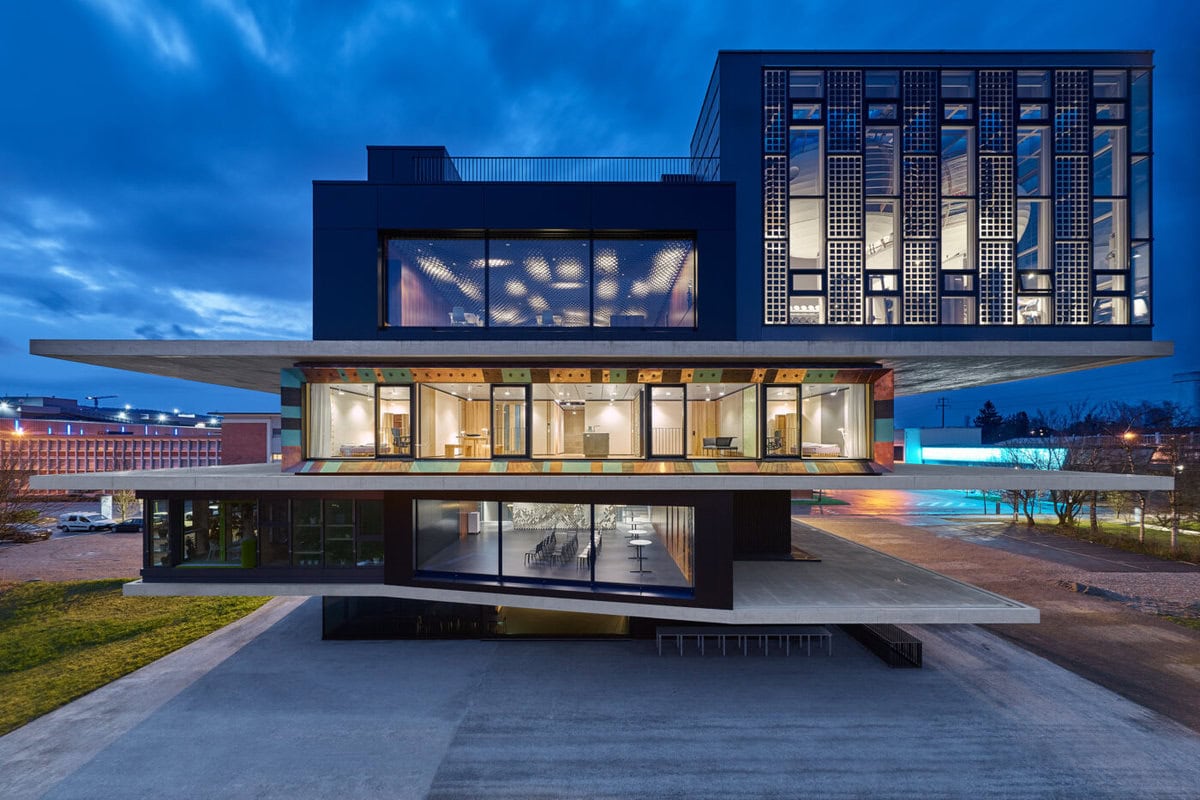Building technology: Fuel cells for heat supply?
The Swiss Federal Office of Energy is funding a Hälg Group project that could help solve the peak load problem with heat pumps.

The Hälg Group is investigating the use of stationary hydrogen fuel cells to avoid peak loads in buildings in district energy systems. The Federal Office of Energy (BfE) is supporting the project. Hälg is working together with Empa, the Osterwalder Group and H2 Energy AG.
In a press release, Hälg puts the proportion of CO2 emissions in Switzerland caused by building heating systems at around 25 %. A key measure to reduce these emissions in the building sector is the increased use of electrically powered heat pumps. "However, it should be noted that the electricity required to operate these heat pumps will increase significantly on particularly cold days," it says. This peak load operation therefore requires not only an expansion of electricity generation capacities, but also an expansion of the distribution grids. And stationary hydrogen fuel cells are a promising solution for peak load supply. "Particularly on very cold days, the electricity produced can be used to operate the heat pump, and the waste heat from the fuel cell can also be used directly to heat the building."
The research project will provide the operational basis and a simulation model for the design and operation of such a peak load supply. In addition, a system will be built on the Empa campus in Dübendorf as part of the two research platforms "Nest" and "Move" and the parameters for operation and CO2 savings potential will be validated in a real application. The Hälg Group is contributing its expertise in building technology and is also responsible for overall project management. The project began in October and is expected to be completed in September 2025 with a planned duration of two years. (aw)









